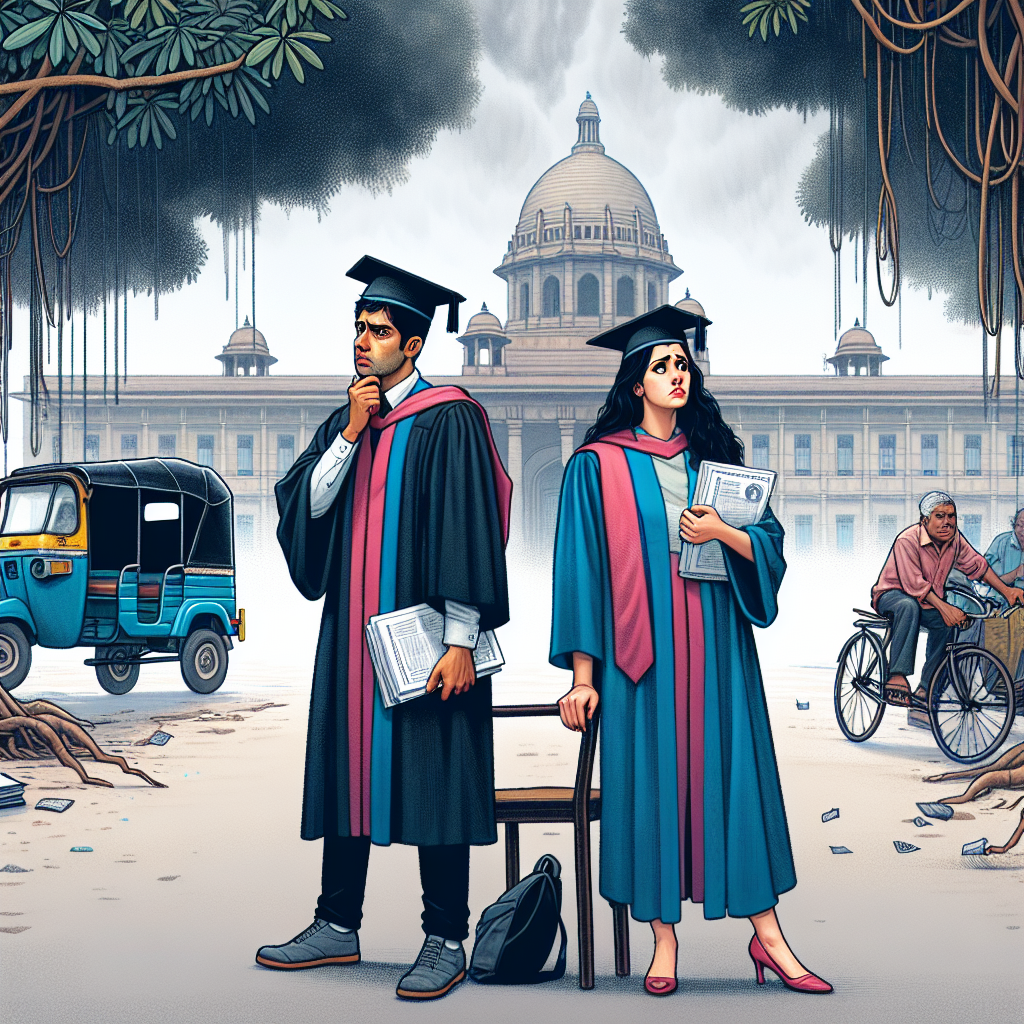Challenges Faced by Foreign Medical Graduates in India

Long Description
The Journey of Foreign Medical Graduates
Foreign Medical Graduates (FMGs) in India find themselves navigating a complex landscape after pursuing their education abroad. Despite investing years and significant financial resources into their medical training, many FMGs face substantial challenges in integrating back into the Indian healthcare system.
Low FMGE Pass Rates
One of the primary obstacles is the low pass rates of the Foreign Medical Graduate Examination (FMGE). This exam serves as a gateway for FMGs to practice in India, yet many struggle to clear it on the first attempt. The stringent examination process not only adds pressure but also prolongs their uncertainty regarding medical practice in India.
Unclear Reintegration Policies
In addition to examination challenges, FMGs contend with unclear reintegration policies. These policies often lack transparency, leaving graduates uncertain about the pathways available for their medical careers. Without clear guidance, many graduates are left feeling stranded and questioning their choices.
Limited Internship Opportunities
Another significant hurdle is the scarcity of internship opportunities for FMGs. This limited availability means that many trained professionals cannot gain the necessary practical experience to transition into the workforce effectively. As a result, well-trained doctors remain in limbo without the chance to contribute to healthcare in India.
The Risk of Wasting Talent
Experts warn that failing to address these issues could result in wasted talent. With a considerable doctor shortage in rural regions of India, it is crucial to create policies that allow FMGs to reintegrate successfully into the healthcare system. Reforming the FMGE process and enriching internship opportunities can help leverage this trained talent, ultimately benefiting the healthcare landscape in India.
Conclusion
In summary, the journey of Foreign Medical Graduates in India is fraught with challenges that require urgent attention. By focusing on reforms in exam processes, defining clear reintegration policies, and enhancing internship availability, India can turn this predicament into an opportunity to bolster its healthcare system and better serve its population, particularly in underserved rural areas.
